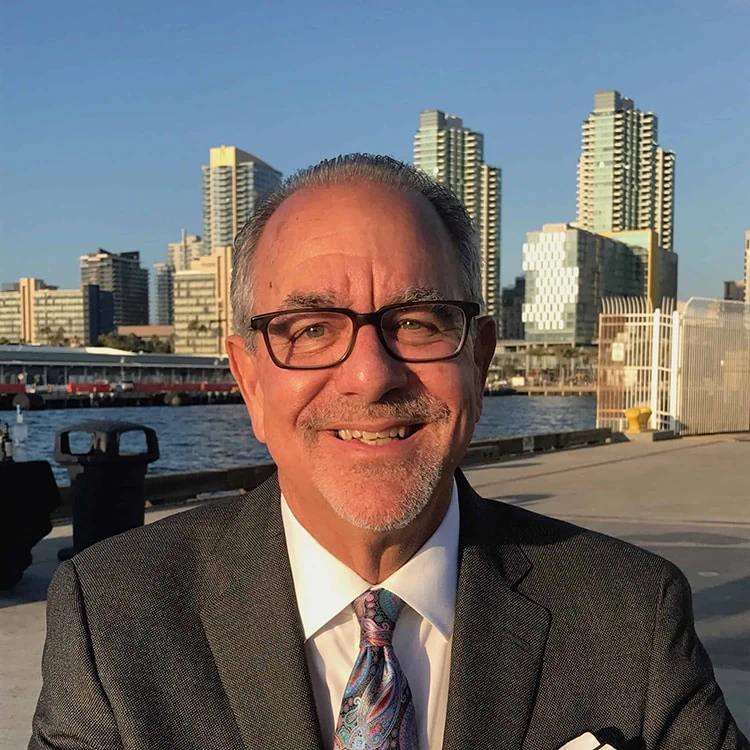
Secret Suffering: Veterans and Addiction
Substance use disorders are common in many communities, including those with high-stress occupations like members of our military. Soldiers and others in the military often encounter intense, high-stress situations daily. For many, there is also trauma involve when stationed overseas in volatile regions. Because of this, there is a prevalence of Post-Traumatic Stress and chronic health conditions among veterans -- two things that often give people access to drugs. Physical pain and mental health disorders are not talked about enough in the media, but they're common among vets. It’s easy to see why some people end up abusing substances to cope with the aftermath of active duty.
The Link Between Trauma and Addiction
Addiction is one effect of people who have experienced trauma, especially those who have lived through combat. People in our military work hard to protect us and serve their missions with honor. When they return from those missions, they often suffer from chronic pain, brain injuries, and the aftereffects of trauma.
Well-meaning doctors may prescribe opioids or benzodiazepines to help a veteran cope with their symptoms. No one uses drugs because they want to become addicted, but it’s easy to justify using more of a substance to get more of a wanted effect.
It’s common for people who have experienced trauma to self-medicate to “feel good.” Many people with legit prescriptions begin to overuse substance when they discover their mood feels “lifted,” and they’re better able to relax or cope. Using more of prescribed medication or recreational drug seems to alleviate the symptoms they’re experiencing.
Getting Help for Addiction
Veterans who have a substance use disorder often say they started getting high with legal options, such as alcohol and prescriptions given to them by their doctors. Unfortunately, self-medicating with substances usually leads to taking more of the same drug to get the same results. Most drugs cause a user to develop a tolerance, and there can be withdrawal effects when a person tries to stop using them.
Eventually, this spirals into addiction, a painful and lonely cycle that affects a person’s physical, mental, and spiritual health.
One in seven Americans abuses alcohol or drugs in their lifetime. While it’s a common coping method, it’s not a good one, and it can lead down a path of destruction and powerlessness.
Getting help requires strength. We can help you get your life back together, in a discreet and safe environment. Confidential Recovery’s staff includes veterans in recovery who can offer counseling, guidance, and support as they help chart a path to recovery with their clients.
Contact us at 619-452-1200 to find out more about how we can help you reclaim your life. All calls are 100% confidential.
Categories
Confidential Recovery News
